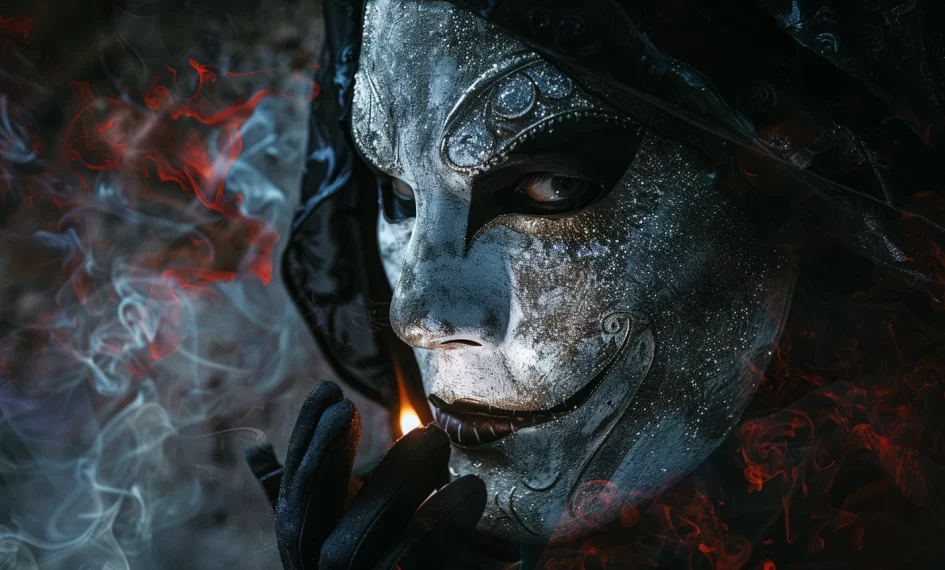Definition:
A phantom is a spectral figure or an apparition, often considered to be a ghost or a manifestation of the dead. The term is used to describe any invisible or elusive entity, real or imagined, that is felt to be present or to cause effects without being seen. Phantoms are a staple of folklore, literature, and cinema, embodying the human fascination with the afterlife, the supernatural, and the unexplained. They often represent unresolved issues, fears, or the desire for contact with the deceased.
Etymology & Origin:
The word “phantom” originates from the Old French “fantosme,” which comes from the Latin “phantasma,” meaning “an apparition, specter.” This, in turn, is derived from the Greek “phasma,” a variant of “phantasma,” meaning “image, phantom, apparition,” from “phaino,” meaning “to show, to make appear.” The concept of phantoms has been part of human culture and belief systems for millennia, appearing in various forms to symbolize the mysteries of death and the afterlife.
Examples:
- Literature: Phantoms often appear in Gothic novels and horror stories, where they serve as harbingers of doom or carriers of messages from beyond the grave.
- Folklore: Many cultures have tales of phantoms, such as the banshee in Irish folklore, known to foretell death with mournful wails.
- Cinema: The film industry has long been fascinated with phantoms, producing iconic movies that explore themes of haunting and ghostly presences, blending fear with a deep curiosity about the supernatural.



